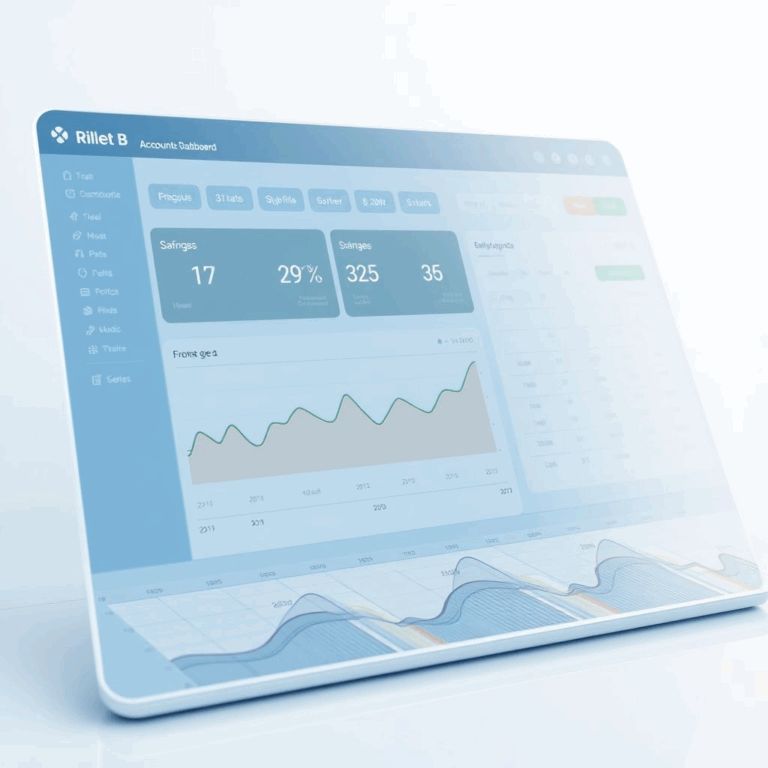A new spotlight on a megaround
Ambience Healthcare’s AI medical scribe platform is back in the headlines after a fresh reveal of the pitch deck it used to raise $243 million in Series C funding. The new reporting underscores how fast the documentation-automation race is intensifying, especially with electronic health record (EHR) heavyweight Epic preparing to ship its own scribe tool. While Ambience’s round was announced earlier this summer, the newly surfaced details illuminate the strategy behind the raise and the company’s broader ambition to automate not just notes, but the administrative sprawl that follows every clinical encounter.
The round and who backed it
Ambience disclosed in late July that Oak HC/FT and Andreessen Horowitz (a16z) co-led the Series C, with continued support from The OpenAI Startup Fund, Kleiner Perkins, and Optum Ventures. Today’s deck coverage largely reaffirms those backers and frames the raise as fuel for an enterprise-grade platform spanning scribing, medical coding, orders, referrals, and revenue workflows. The company’s own announcement set the timeline and investor list, positioning the round as a springboard to scale across health systems.
Why the AI medical scribe matters now
The AI medical scribe category aims to relieve clinicians of one of medicine’s most persistent stressors: documentation. By capturing the patient conversation and generating structured clinical notes, a capable ambient system can reclaim hours per week, reduce after-hours charting, and improve data completeness. What’s new in 2025 is the speed at which these tools are converging with coding and revenue-cycle steps, turning a “scribe” into a gateway to end-to-end administrative automation. Ambience pitches precisely this: scribing as the on-ramp to coding, orders, referral management, and more. The latest coverage emphasizes that the company now serves 40+ health systems, including Cleveland Clinic and Memorial Hermann, and is rapidly layering products that are easy for providers to add on once scribing is in place.
A competitive landscape heats up
Competition is fierce. A16z’s investment in Abridge only weeks before Ambience’s raise signals that top investors want exposure across the category, even in rival companies—a departure from typical venture etiquette and a sign of the market’s scale. The same coverage notes Epic’s impending launch of an AI scribe, which could reset the table by bundling native tooling with the dominant EHR. Ambience’s leaders have publicly framed Epic’s entry as a positive—arguing it will accelerate consolidation and highlight platforms that deliver measurable outcomes beyond simple transcription.
What the newly surfaced pitch deck shows
Screens from the 15-slide deck highlight claims of enterprise-wide adoption, time-savings and satisfaction metrics, and frontier reasoning models for coding and clinical documentation improvement (CDI). While the proprietary performance data sits behind subscriber paywalls, the thrust is clear: Ambience wants to be seen as the system-level AI partner for CXOs, not a point tool. The deck’s narrative also argues that most health systems have decided AI should write documentation, but many have yet to choose a long-term partner—an opening Ambience is racing to lock down.
The money trail and market context
If you zoom out, the surge in healthcare AI funding has been striking. Business Insider’s piece cites Rock Health figures to show how a large share of 2025’s digital health investment has flowed into AI sub-sectors. That flood of capital explains the megarounds and the land-grab for clinical workflows where safety, compliance, and billing precision are non-negotiable. Ambience’s July announcement described the financing as fuel to “transform clinical and administrative workflows,” which aligns with the deck’s expansion narrative.
Founder and investor perspective
Ambience cofounder Nikhil Buduma has argued that Epic’s entry will thin the herd and put pressure on low-value offerings, while cofounder and CEO Michael Ng has emphasized that Ambience was conceived from day one as more than a scribe—pairing ambient note generation with AI-driven medical coding to ensure physicians get paid accurately and quickly. The latest coverage quotes leadership expressing confidence that the platform could fully automate most provider admin tasks within one to two years, freeing clinicians to focus entirely on patients rather than keyboards.
The impact for hospitals and clinicians
For health systems, the calculus hinges on three priorities:
- Productivity & burnout: Decreasing after-hours charting (“pajama time”) and physician burnout via accurate first-draft notes and intelligent order/coding suggestions.
- Financial integrity: Tighter linkage between documentation and codes could improve revenue capture and reduce denials.
- Risk & compliance: Ambient systems must meet exacting standards for privacy, security, auditability, and clinical safety—especially as AI begins to generate orders and referrals rather than just notes.
Ambience’s materials emphasize compliance rates and hard financial ROI, signaling a go-to-market tuned for skeptical CFOs and compliance officers who need more than a slick demo.
Risks, constraints, and the road ahead
The very things that make the AI medical scribe compelling also raise the bar. Hospitals demand robust EHR integration, predictable latency, clear explanations, and mechanisms to catch and correct hallucinations. As Epic enters the fray, independent platforms must prove they outperform, integrate deeply, and deliver value beyond what comes “free” with the EHR. Ambience’s July announcement and this week’s pitch-deck reveal suggest it will keep investing in platform breadth (coding, CDI, revenue cycle) and health-system-scale deployments to stay ahead. Early traction with large systems, plus backing from major health investors, gives it a credible runway—but the next year, as Epic’s tool rolls out and competitors consolidate, will be decisive.
Bottom line
The fresh look at Ambience’s pitch deck doesn’t change the headline number—$243 million—but it does clarify the thesis: win scribing to win the entire administrative stack. In a cycle where clinical-grade AI must show measurable results, that’s the right battleground—and it explains why the AI medical scribe has become the entry point for a much larger transformation in health-system operations.






